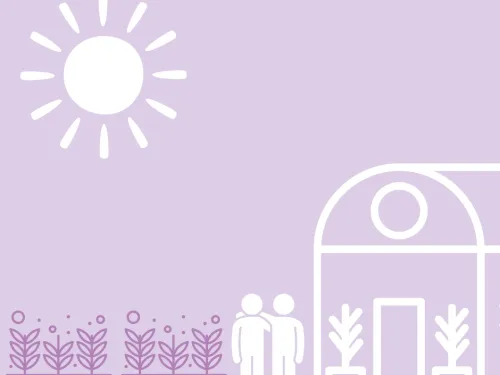
Sustainable food growing
On this page you'll find useful tips on how to grow food in ways that help your community and the biodiversity around it
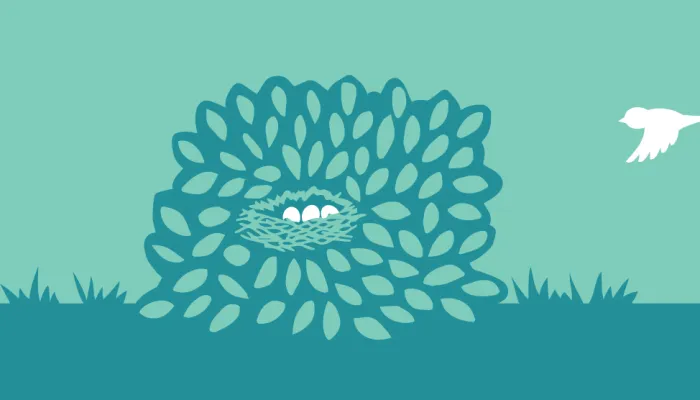
In the spring, birds choose the best locations to build nests, so why not offer them a safe place to settle?
In spring, birds begin to choose the best places to build nests and raise their young. If you’re lucky, one of these spots may well be in a tree, hedge or bush in your garden. As they set-up home, it’s best to try to disturb them as little as possible, and even give them a helping hand along the way!

On this page you'll find useful tips on how to grow food in ways that help your community and the biodiversity around it
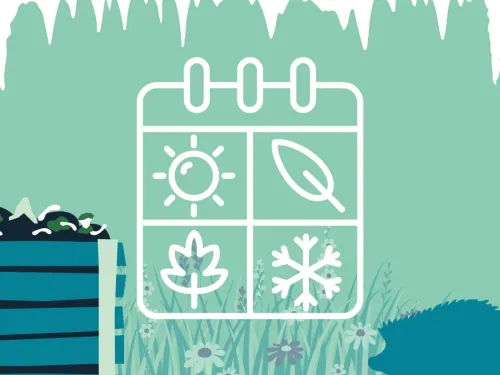
In this page you'll find an array of information to how to best help wildlife over the changing seasons each year
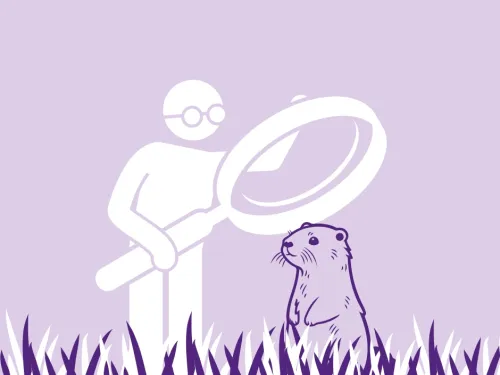
On this page you'll find exciting information on getting involved with citizen science project in your own home and community
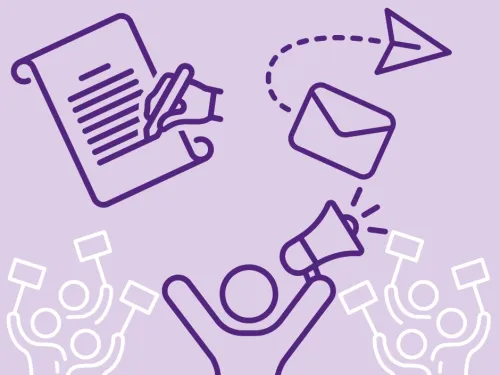
On this page you'll find useful information on how to take environmental action from home and in your community

On this page you'll find useful information on how to reach out to others about nature & the environment

On this page you'll find excellent tips on how to shop sustainably and be mindful of what you're eating